The UN Secretary-General hails the peace declaration between the DRC government and M23 rebels as a crucial step toward ending conflict in eastern Congo, after weeks of international diplomacy.
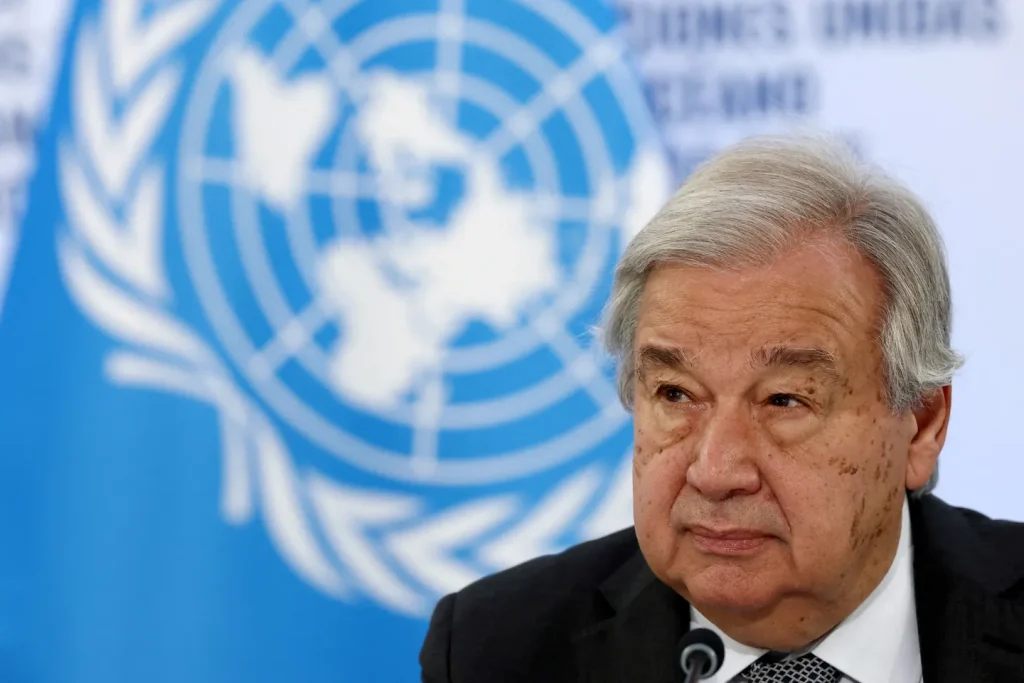
A Glimmer of Peace in Eastern Congo
In a significant diplomatic breakthrough, the Democratic Republic of the Congo (DRC) and the M23 rebel group have signed a declaration aimed at reducing hostilities in the country’s volatile eastern region.
The United Nations has hailed the agreement as a “step toward peace” after months of escalating violence that has displaced hundreds of thousands and left the region on the brink of humanitarian disaster.
UN Chief Commends the Breakthrough
UN Secretary-General António Guterres praised the move, calling it a “crucial moment” in the international community’s effort to end the long-running conflict in eastern DRC.
“This declaration marks an important step toward silencing the guns and restoring hope to millions affected by violence,” Guterres stated from UN headquarters in New York.
The agreement follows intensive negotiations led by regional and international actors, including the African Union and the East African Community, in collaboration with the UN.
What the Agreement Includes
While the full details have not been made public, sources close to the negotiations report that the agreement includes:
- A ceasefire commitment from both sides.
- The withdrawal of M23 fighters from key occupied areas.
- A framework for disarmament and reintegration of rebel forces.
- The deployment of regional security forces to monitor the ceasefire.
Representatives from both the Congolese government and M23 signed the declaration in Nairobi, signaling a shared intent to pursue long-term stability.
Long Road Ahead
Despite cautious optimism, experts warn that peace in eastern Congo will require more than a signed declaration. Past agreements have often been followed by renewed fighting, broken promises, and increased tension.
The region remains highly unstable, with dozens of armed groups still active. Trust between local communities, security forces, and rebel factions is fragile at best.
Analysts point to the need for sustained international pressure, inclusive dialogue, and economic investment in the region to address the underlying causes of violence—especially land disputes, ethnic tensions, and foreign interference.
A Crisis with Global Attention
The DRC-M23 conflict has drawn growing concern from global leaders and human rights organizations. Accusations of foreign support for rebel groups—particularly involving Rwanda—have added a complex geopolitical layer to the conflict.
With over 7 million internally displaced persons, eastern DRC is facing one of the world’s largest humanitarian crises.
The UN has pledged to continue its peacekeeping operations in the region, while calling for stronger accountability and a renewed push for human rights protections.

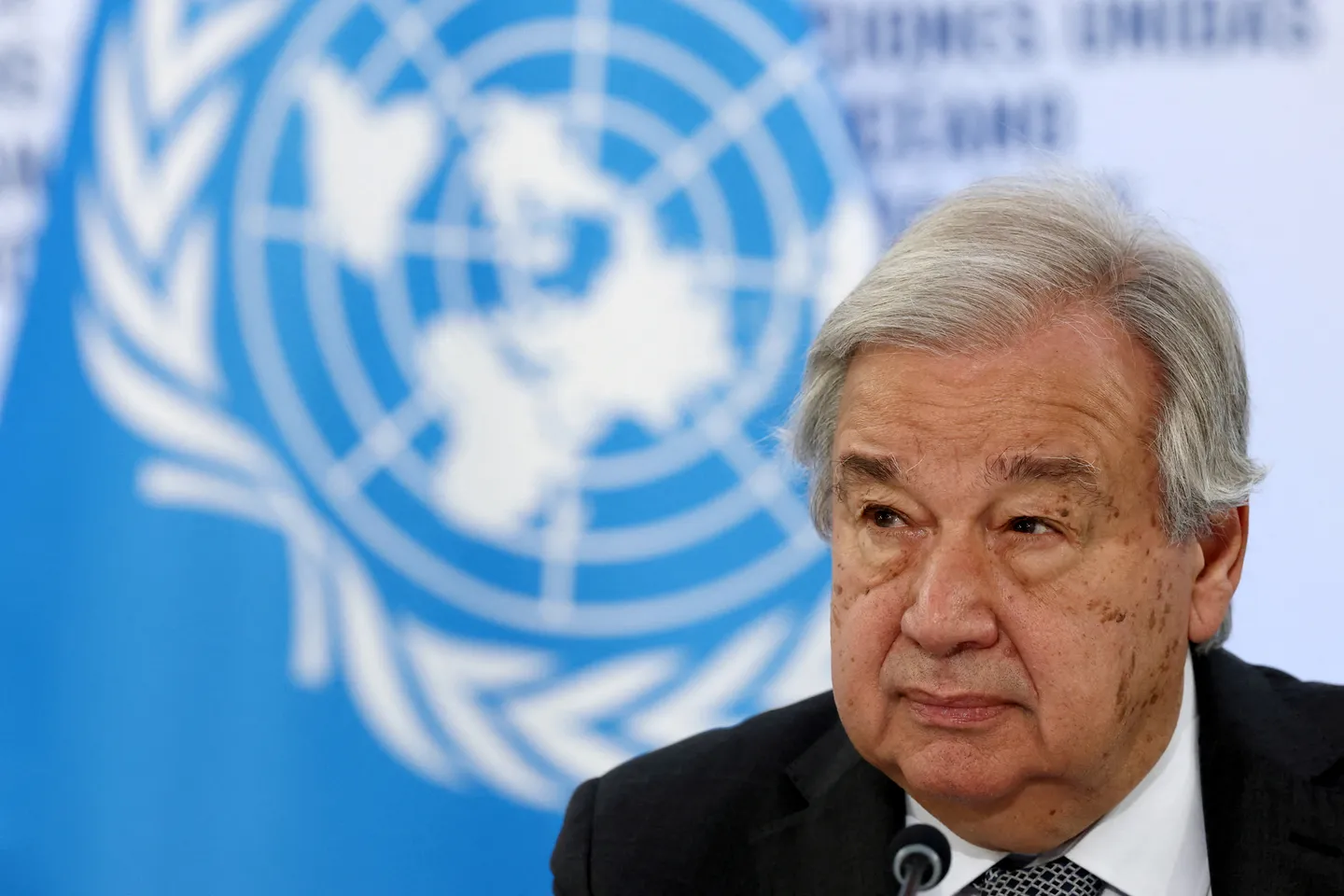
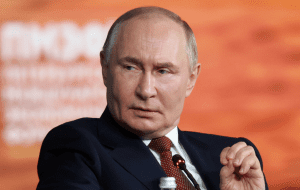
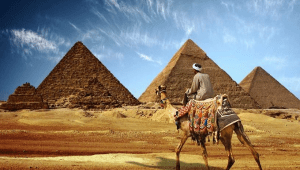




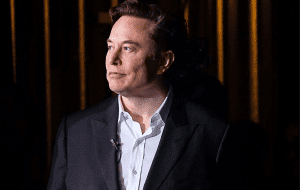
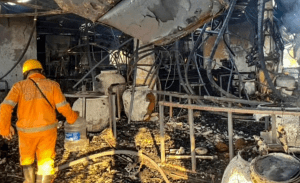
Comments are closed.